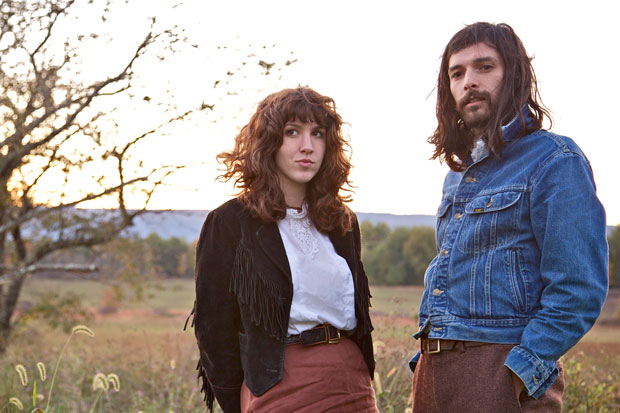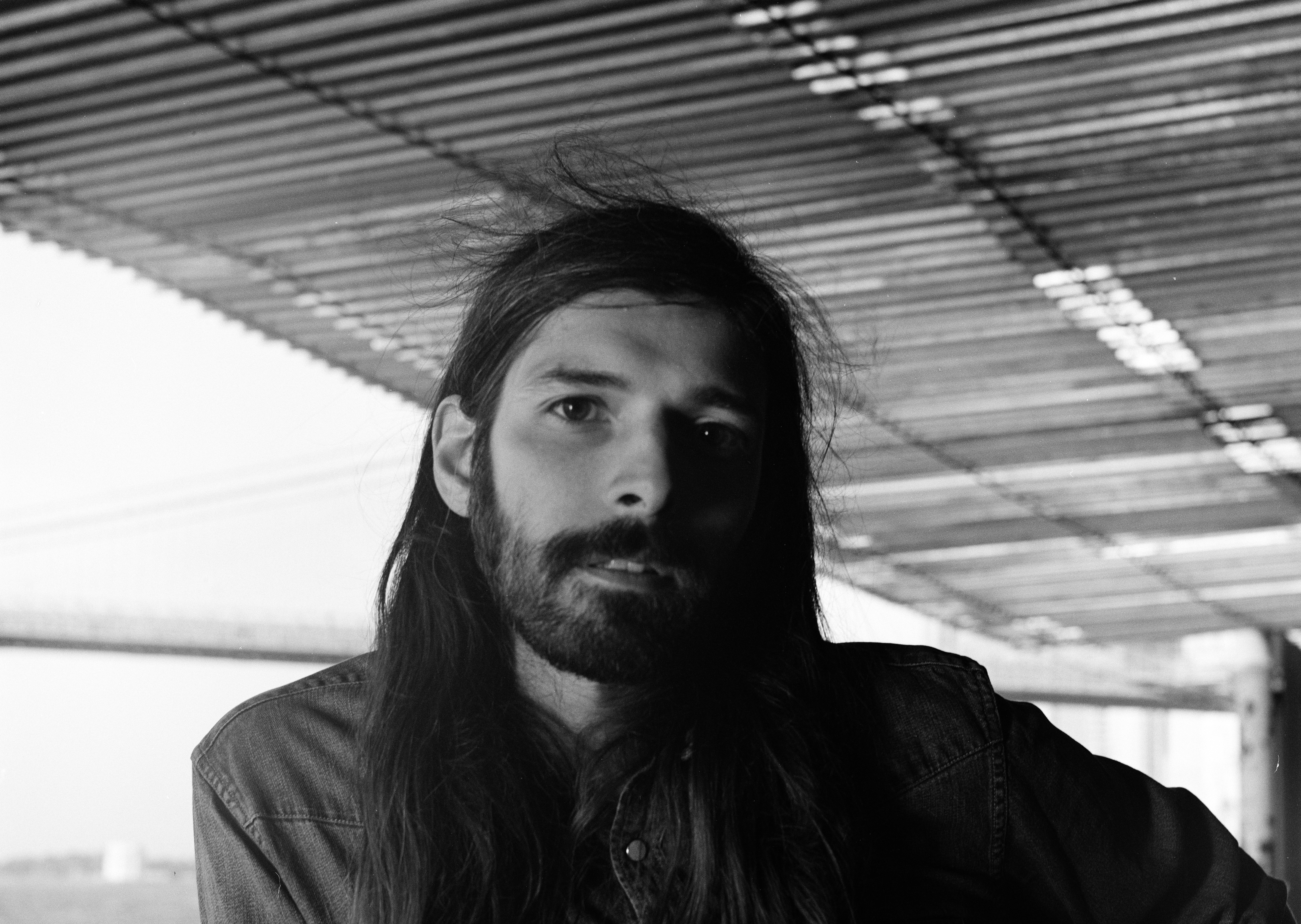Who: After reluctantly joining up at the behest of drummer, founder, leader, and fellow Tacoma, Washington native Mike Stasiak in mid-2010, Widowspeak frontwoman Molly Hamilton was left in a weird spot when Stasiak quit the Brooklyn outfit last summer. “It’s funny that he ended up leaving the band because he badgered her to start it,” says guitarist Robert Earl Thomas, now Hamilton’s writing partner and sole bandmate. “It was difficult to bounce back. But at the same time, when Mike told us he didn’t want to do it anymore, Molly and I’s first conversation was, like, ‘We’re going to keep being a band, right?’ It was invigorating.” Snapped up by Captured Tracks in 2010 after just a handful of local shows, Widowspeak have enjoyed almost as much critical interest as they have internal tumult (bassist Pamela Garavano-Coolbaugh also came and went relatively quickly) in the past two years. As a result, this month’s full-length debut, Almanac, represents a sort of rebirth for its surviving members. “All the themes,” says the soft-spoken Hamilton, “are in cyclical terms: things ending and starting again. Because our band did start again.”
She’s an Americana Girl: “When listening to music,” says Hamilton, “it should sound visual. We’re inspired by movies and there are a lot of film references I’m trying to make very literally.” And while Thomas says Widowspeak’s self-titled debut adopted cinematic moods set by David Lynch, Almanac draws heavily on Terrence Malick films, specifically legendary Italian composer (and Spaghetti Western pioneer) Ennio Morricone’s score for 1978 Oscar-winner Days Of Heaven. “Early on, we called our music ‘cowboy grunge,'” Hamilton says of Widowspeak’s predilection for dark, thorny tones. “It was kind of about coming from the Northwest and paying homage to it. But we also called ourselves a ‘heartland rock’ band. I really liked that one.” Thomas qualifies the point: “It was all tongue-in-cheek, but that stuff hints at the way we like to amalgamate things. Like, ‘Oh, let’s use a drumbeat like they did in that Tom Petty song,’ or ‘Hey, I really like Neil Young’s guitar sound,’ or, ‘I love cowboy choir vocals.'”
Performance Anxiety: Despite Hamilton’s striking, Hope Sandoval-like singing voice, learning to perform comfortably in front of others has been a long process. “I seriously can’t convey how ridiculous I was,” she says of the band’s first few practices and shows. “When we were writing new songs, I wouldn’t sing in front of the [rest of the band], until I was totally sure what I was going to sing. I wouldn’t try out new ideas in front of them. I was just so afraid. And depending on how many people were there, at any given show, it would be three hours of torture and three hours of being really elated that I made it through. But I actually have fun playing shows now. I like being able to be more present and not feeling so consumed by being afraid.”
Apocalypto: Much of Almanac, says Hamilton, was written and recorded with a unique sense of urgency. “A lot of the ideas I had going into it were influenced by the end of the world,” she explains. “But it didn’t happen! It’s not like we were rushing ourselves to make it, but it felt like we needed to do it right then. Not with a deadline, but knowing we wanted to record it before the end of the year because I was a little superstitious. For some reason, having this date at the end of the year seemed like a really symbolic time to finish the album. Taking death and destruction, but turning it all into good.”





